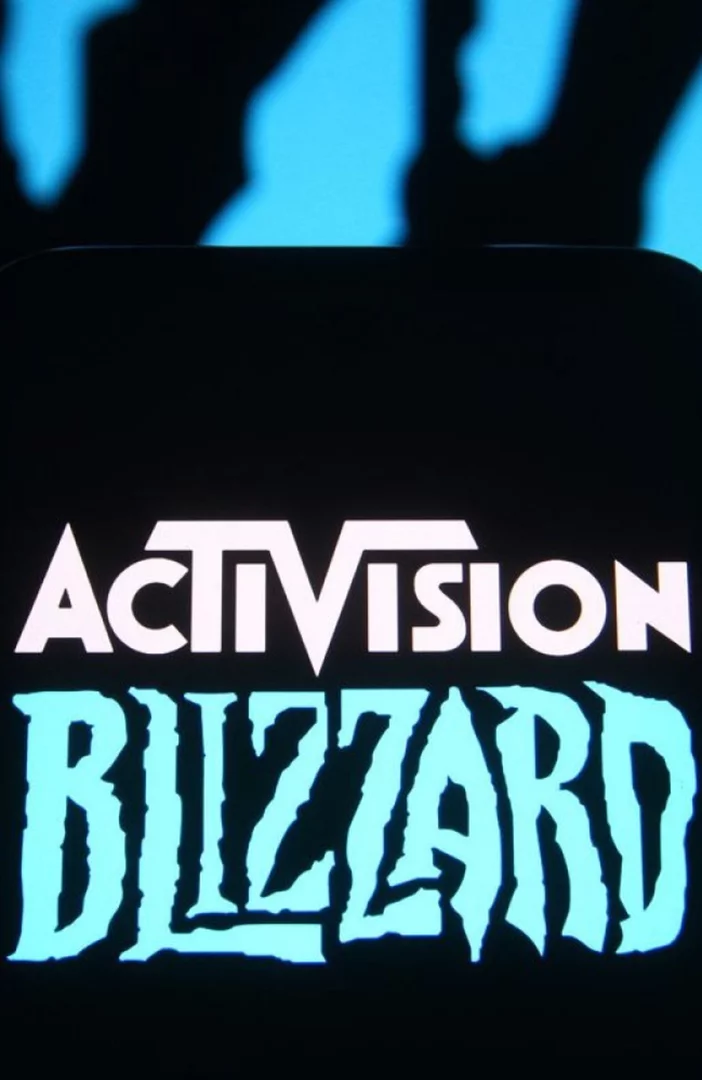
Microsoft to close deal with Activision Blizzard by the end of this week, source says
Microsoft is reportedly set to close its deal with Activision in the next few days.
2023-10-09 19:58
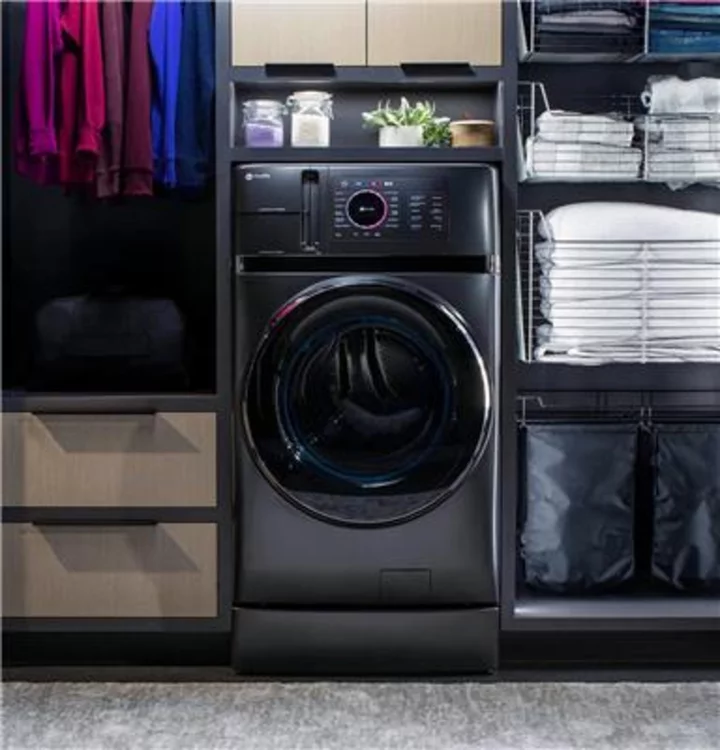
GE Profile Launches Award-Winning, All-In-One Laundry Solution for a Smarter Cleaning Experience
LOUISVILLE, Ky.--(BUSINESS WIRE)--Jun 5, 2023--
2023-06-05 20:23
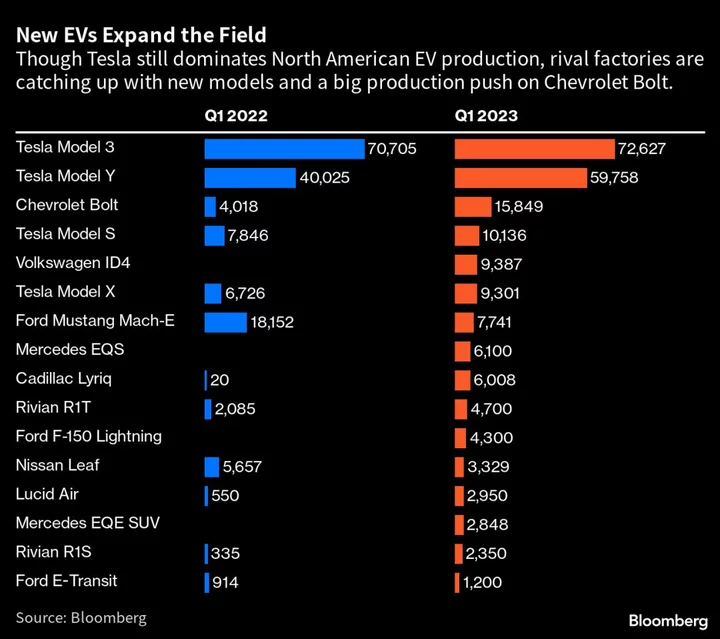
Five New EV Models Drive Up North American Factory Production
There’s one big reason EVs are getting slightly cheaper: More of them are rolling off production lines. North
2023-05-10 20:24

There's More to the Nikon Z f Than Just Looks
Nikon is hoping to rekindle the market success it enjoyed with the APS-C sensor Z
2023-09-20 14:51

How Tall is Karl Jacobs? Influencer was once accused of 'ruining' MrBeast's video
Fans are often curious to know if Karl Jacobs is taller than MrBeast
2023-08-27 15:17

Vintage computer that helped launch the Apple empire is being sold at auction
A vintage Apple computer signed by company co-founder Steve Wozniak is being sold at auction
2023-08-02 02:57
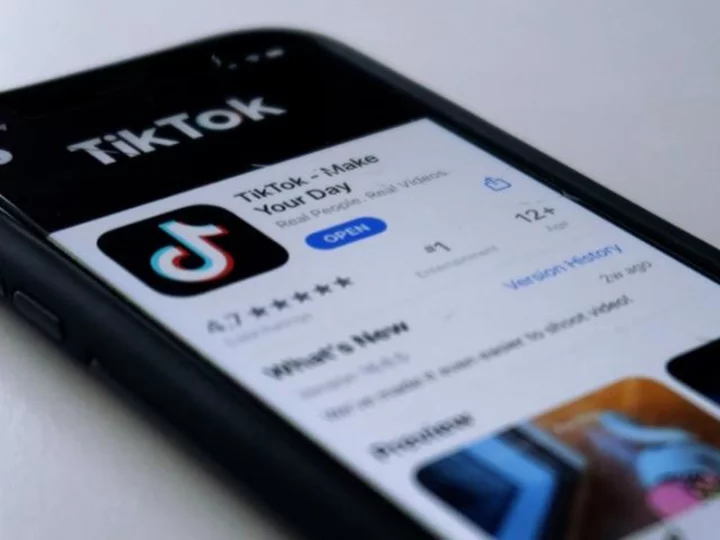
Texas' TikTok ban hit with First Amendment lawsuit
Texas's TikTok ban violates the First Amendment. That's the basis of a lawsuit just filed by the Knight First Amendment Institute at Columbia University on behalf of the Coalition for Independent Technology Research.
2023-07-14 00:00

Prime Day Deal: Get 4 Months of Free Kindle Unlimited Reading
Take summer reading to a new level with four months of complimentary admission to Kindle
2023-06-23 01:58

Health Costs of Wildfires Are Becoming Clearer: Big Take Podcast
Listen to The Big Take podcast on iHeart, Apple Podcasts, Spotify, Terminal. The “Black Summer” bushfires devastated Australia
2023-05-19 18:22

Canada's Wildfires Expose the Climate Change 'Spiral of Silence'
What should you do when the air outside contains dangerous levels of pollution? Stay indoors if you can.
2023-06-10 19:18

Options Announces Partnership with ETD to Provide Innovative Trading Solutions
LONDON & NEW YORK & HONG KONG--(BUSINESS WIRE)--May 23, 2023--
2023-05-23 19:57

Douyin: Chinese livestreamer dies after filming drinking video
The 34-year-old livestreamer's death sparks outcry and calls for a crackdown on video sites.
2023-05-22 18:48
You Might Like...

How to Visit the Apollo Landing Site in Starfield

Art fans shocked after spotting 'Sputnik satellite' in 400 year old religious painting
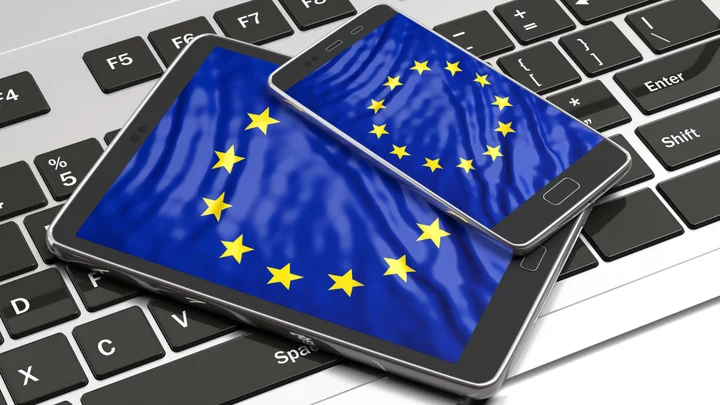
Everything You Need to Know About the EU's Game-Changing AI Legislation

Micron Stock Can Rise 22% as Chip Prices Surge, Says Analyst

Climate Change and Homeowners’ Insurance Are on a Collision Course
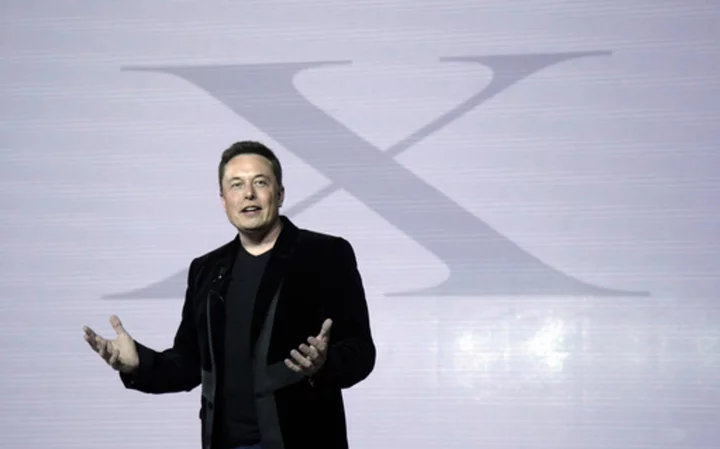
Musk threatens to sue researchers who documented the rise in hateful tweets

Quectel 5G RG620T modules based on MediaTek T830 gain global certifications to help drive FWA app deployment

Drone Startup Shield AI Valued at $2.5 Billion in New Funding Round
